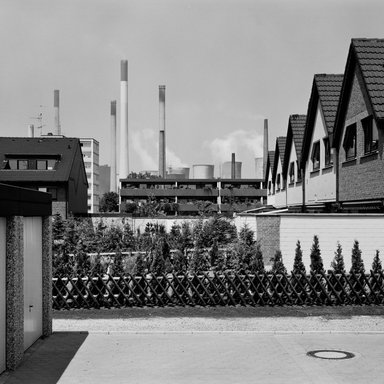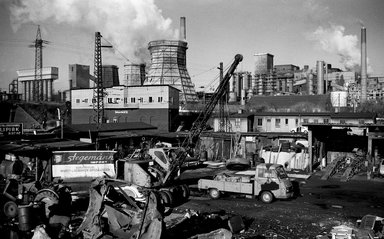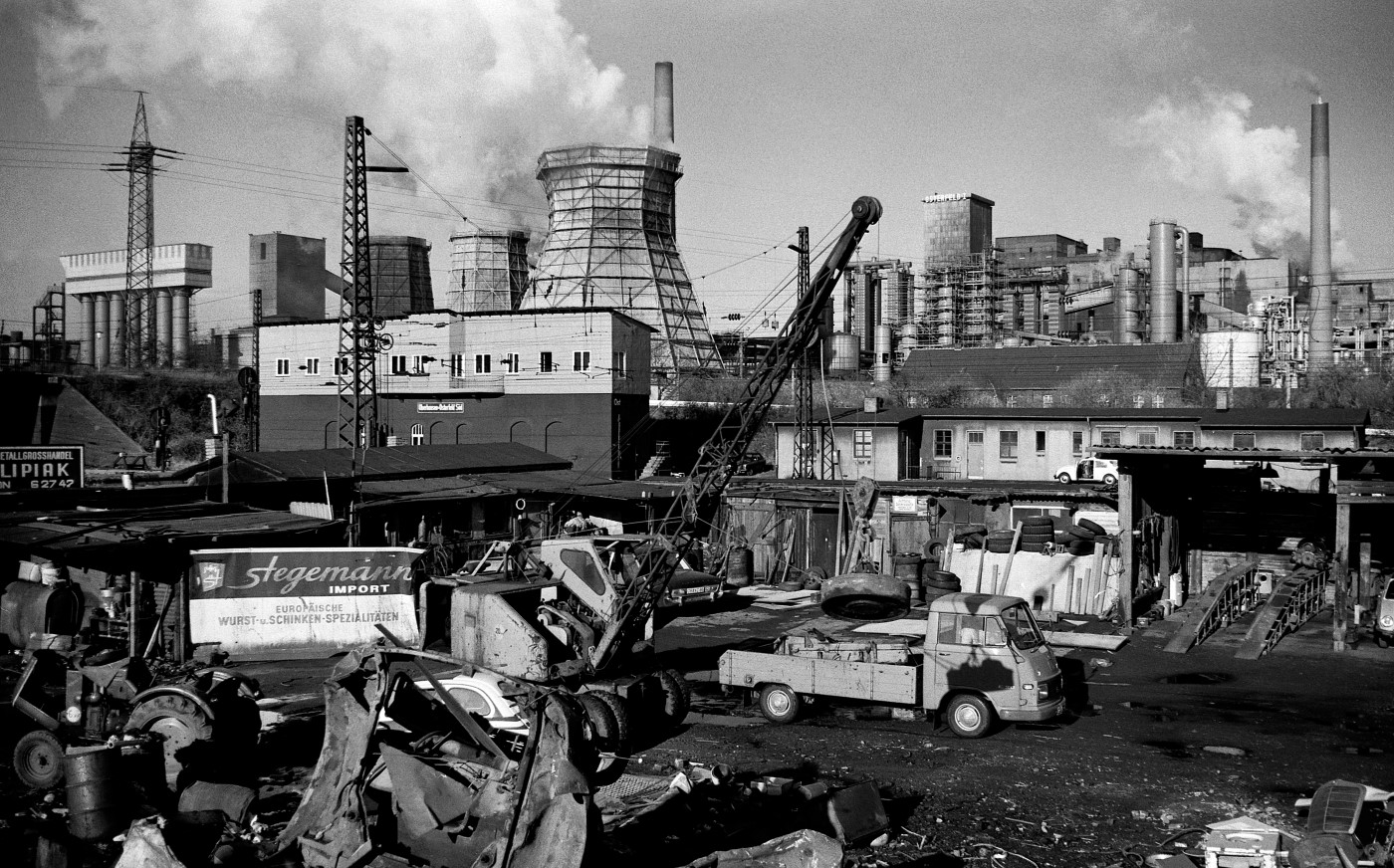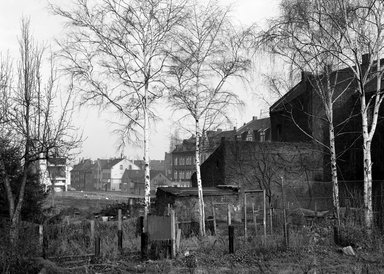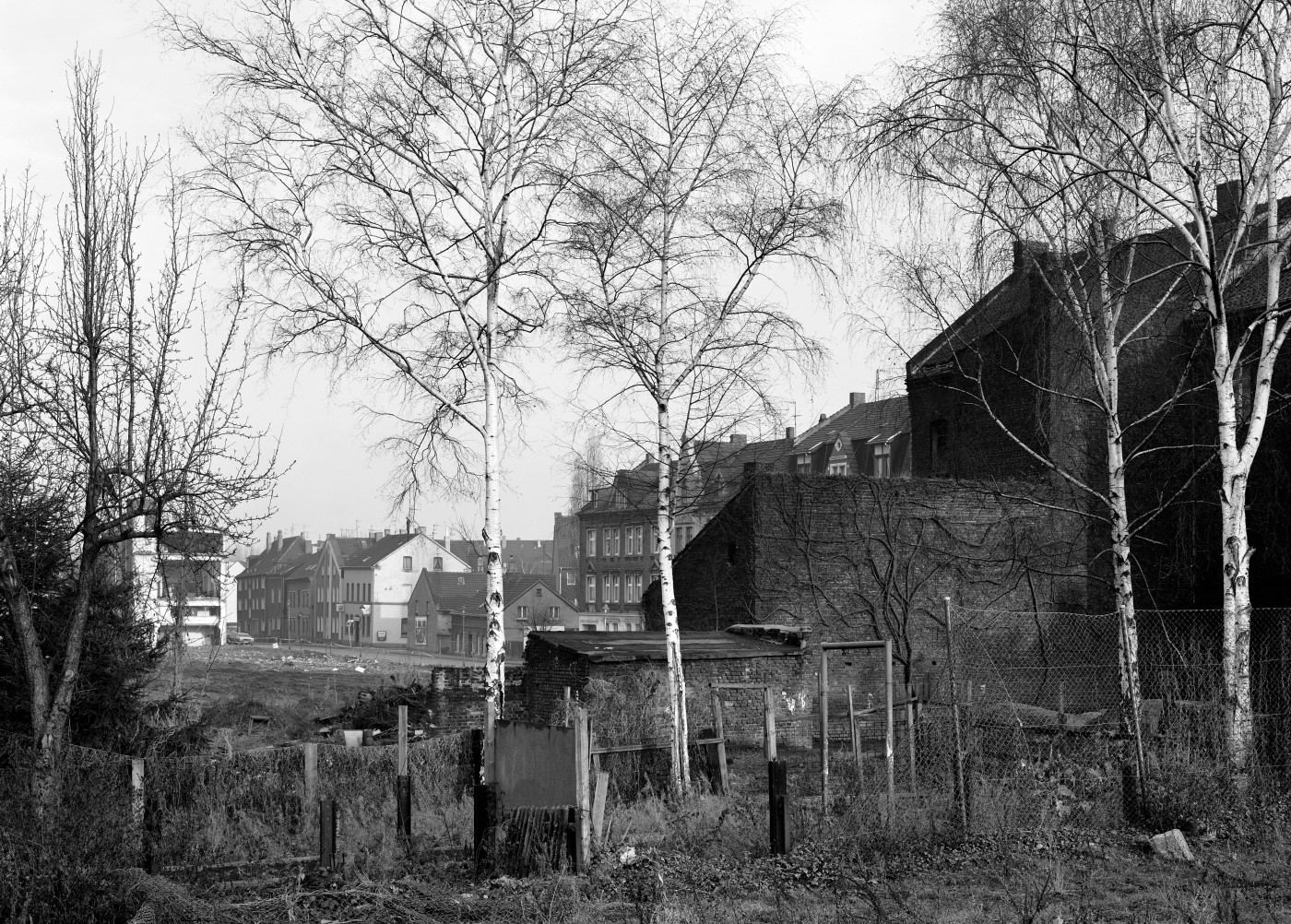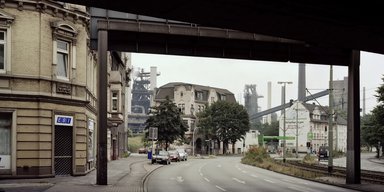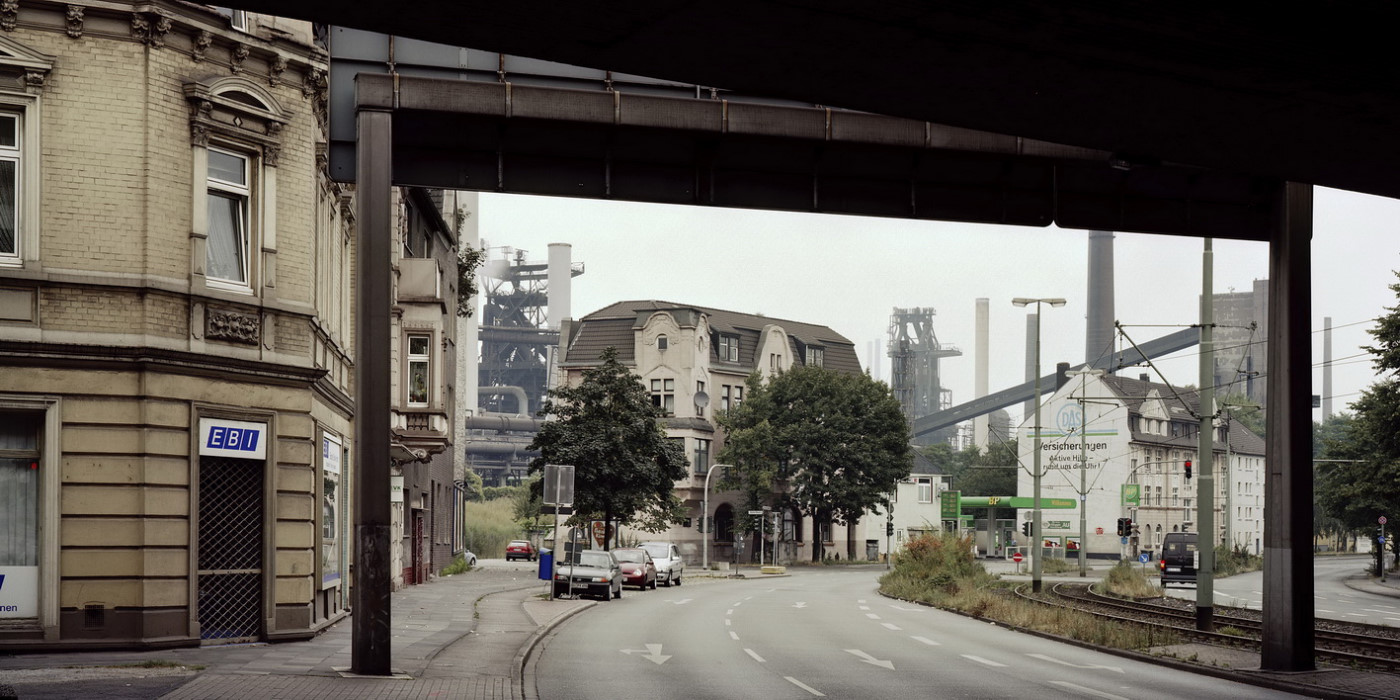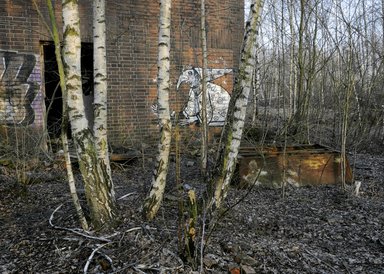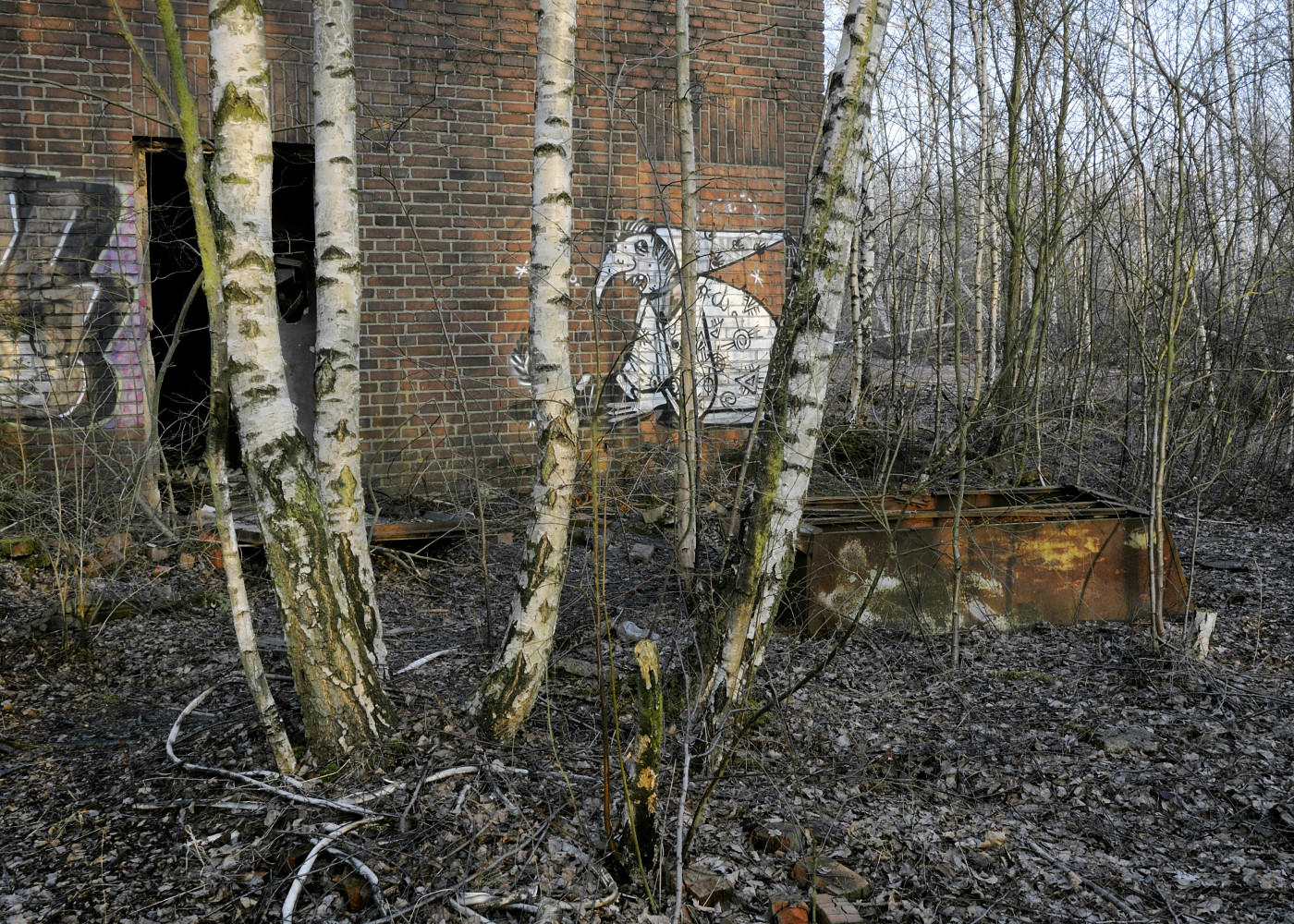Joachim Schumacher | Urban Landscape Ruhr Area (1976 - 1994)
Joachim Schumacher | Urban Landscape Ruhr Area (1976 - 1994)
Black and white photographs from my exam thesis (1976-77), which was conceived as an open project and other free works until 1994. While I earned my living by advertising the Ruhr area after my studies, these photographs were meant to represent my own view of the Ruhr area. They stand for what moved, impressed and also made me suffer as a person who lived in this landscape. (Photographing the attractive Ruhr area was also worthwhile and important to me, otherwise, I would have had the feeling not to treat the Ruhr area fair.)
Format:
Photo / Video
